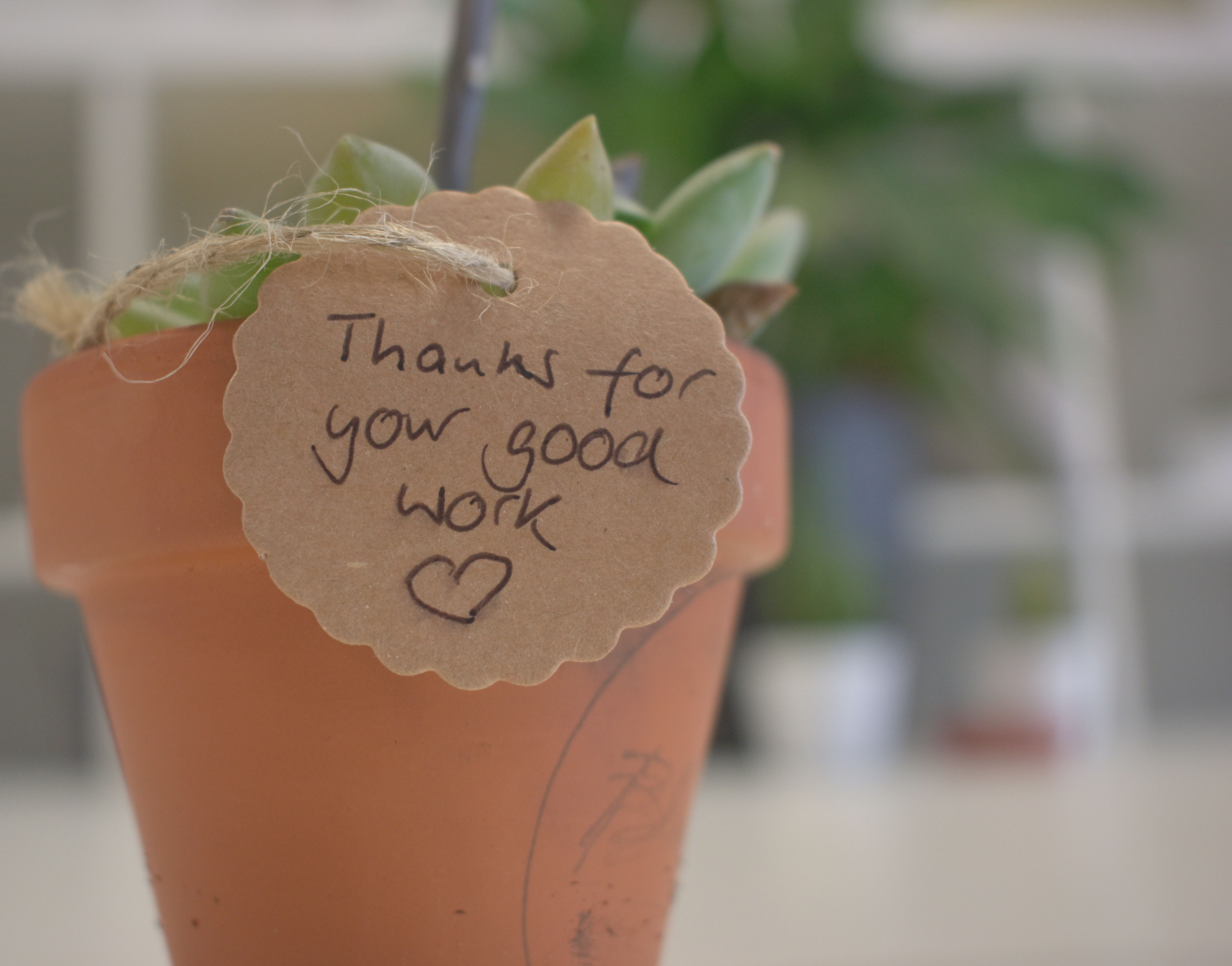Burnout in Agile Teams – what are Bluefruit’s strategies to prevent it?
One of our favourite conferences Agile on the Beach took place three weeks ago in Falmouth. If you haven’t come across it yet and work in an agile/tech environment we really recommend this conference which boasts multiple talks over 2 days, exploring the latest techniques Software Development & Delivery, Business Agility, Agile Teams and Practices, Product Design, and Management. Beside some deep tech talks, we also listened to a few non-technical talks, expanding our knowledge about managing agile teams.
Developer View
One or our Junior Software Developers, Stephen Brokenshire, wrote a little recap on one of the non-techy talks “Kaizen to Karōshi – Burnout in agile teams and what you can do about it”. In case you are wondering: Agile folks love notes borrowed from Japanese manufacturing, like Kaizen: “Continuous improvement” – and on the other extreme side: Karōshi “death from overwork”…
At Agile on The Beach this year, I went to talk by John Chapman called Burnout in Agile Teams. Burnout is primarily a response to stress caused by several factors such as a poor working culture, not being able to raise or deal with problems, and unsustainable workloads.
From the talk I have learned that burnout isn’t something that happens instantly, but over a long period of time with several key triggers such as excessive ambition, neglecting personal needs to inner emptiness, and depression. Warning signs such as the mismatching of job role and person, the absence of fairness amongst a team or division, and conflicts with an organisation’s values can also contribute to burnout.
Working at Bluefruit, the positive working culture has encouraged me to speak up on issues not just through regular reviews with my team leader but through daily stand-ups where we can bring up any impediments or issues with the work we are currently doing. If there is a problem that needs to be urgently resolved, I can speak to my team leader or deputy team leader who I’ve regarded both as very friendly and approachable.
Since I started working with Bluefruit around 18 months ago, the positive working culture, support, and training I’ve been given means I’ve felt more energetic and productive. By having the positive working culture, the likelihood of burnout caused by the knock-on effects of impediments and issues not being raised for fear of pushback or not being dealt with at all is reduced significantly.
Personnel Manager View
We’ve also spoken with Cat Tong, Bluefruit’s Personnel Manager, to tell us a bit more about how Bluefruit pushes back, creating a healthy (and happy) place to work…
The health and wellbeing of our staff manifests itself in all parts of what it is to be at Bluefruit. We want everyone who works at Bluefruit to access the support that will help them enjoy coming into the office and deliver the best work they can when they are here, and these are a few of the things we do to make work better:
- Flexible working
- Self-created workspaces (beanbags, yoga balls, standing desks – it’s up to each person!)
- Mental health awareness training
- Upcoming occupational health support for all staff
- Open-door policy with management
- Weekly Ashtanga yoga sessions
At Bluefruit, we don’t just talk about the work/life balance, we actively support all our employees to achieve it. Need time to think over a problem? Take your time or play pool while you discuss work with a colleague. Work better early in the morning or later in the day? Our core hours are 10am-3pm with flexible work around these. We track our staffs working time but only to make sure no one is working more hours than they should. Downtime away from work is as equally important as work hours; a break away from it can help put a new perspective on a sticky bit of code someone is trying to write or how to test a certain feature for the next release.
The pastoral care at Bluefruit is something that is championed by all the management team and regularly filtered through to the wide staff network. The management team have an open-door policy, and anyone can come and talk to us at any time about and work or personal issues. This encouragement to speak up often helps sort any issues before they become problems and we create a structured approach to each situation to provide ongoing support.
Did you know that we have a monthly newsletter?
If you’d like insights into software development, Lean-Agile practices, advances in technology and more to your inbox once a month—sign up today!
Find out more